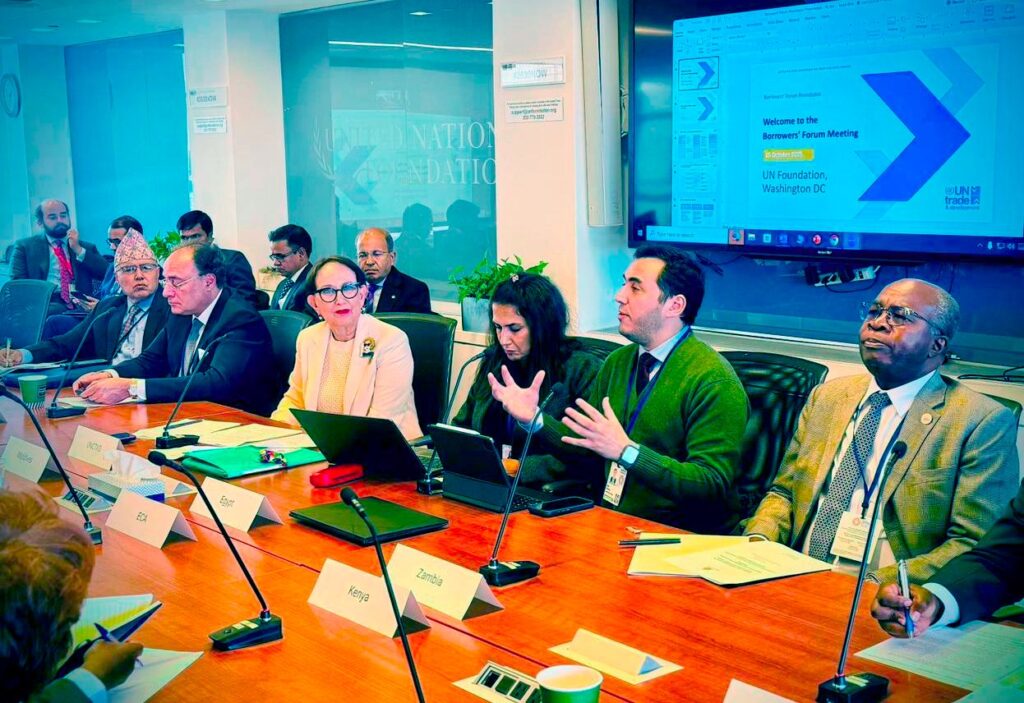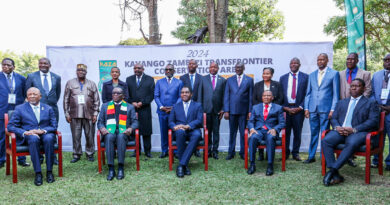Zambia Backs New Platform to Amplify Non-Creditor Voices in Global Debt Governance
Zambia has joined other developing nations in endorsing a new platform for non-creditor countries, aimed at strengthening their collective voice in global debt governance. The endorsement took place on the sidelines of the 2025 International Monetary Fund (IMF) and World Bank Annual Meetings.
The initiative builds on the Sevilla Commitment, the landmark outcome of the Fourth International Conference on Financing for Development (FFD4), held in Seville, Spain, four months ago. The document was co-drafted by Zambia, Mexico, Norway, and Nepal, with Zambia’s Permanent Mission to the United Nations representing the Global South in the process.
The platform will provide a collaborative space for borrower nations to exchange experiences, promote responsible lending and borrowing, and coordinate approaches to debt sustainability and development financing. It also aims to enhance the influence of developing countries in shaping the global financial architecture, long dominated by major creditors.
Co-hosted by Egypt, Pakistan, Maldives and the United Nations Conference on Trade and Development (UNCTAD), the Washington event drew participation from finance ministers and senior officials from across the Global South.
Speaking at the session, Zambia’s Minister of Finance and National Planning, Dr. Situmbeko Musokotwane, reaffirmed the country’s commitment to the initiative, describing it as “a practical avenue for collaboration among developing countries seeking fair and sustainable debt solutions.”
He added that Zambia would share lessons from its debt restructuring process while learning from peers facing similar fiscal challenges.
Zambia has joined the initiative’s technical working group, which includes Egypt, Pakistan, Colombia, Honduras, Nepal, and Maldives. The group will draft the platform’s Terms of Reference and operational framework.
The official launch of the non-creditor countries’ platform is scheduled for the 2026 IMF/World Bank Spring Meetings, marking a significant stride towards more inclusive and balanced global financial governance.



